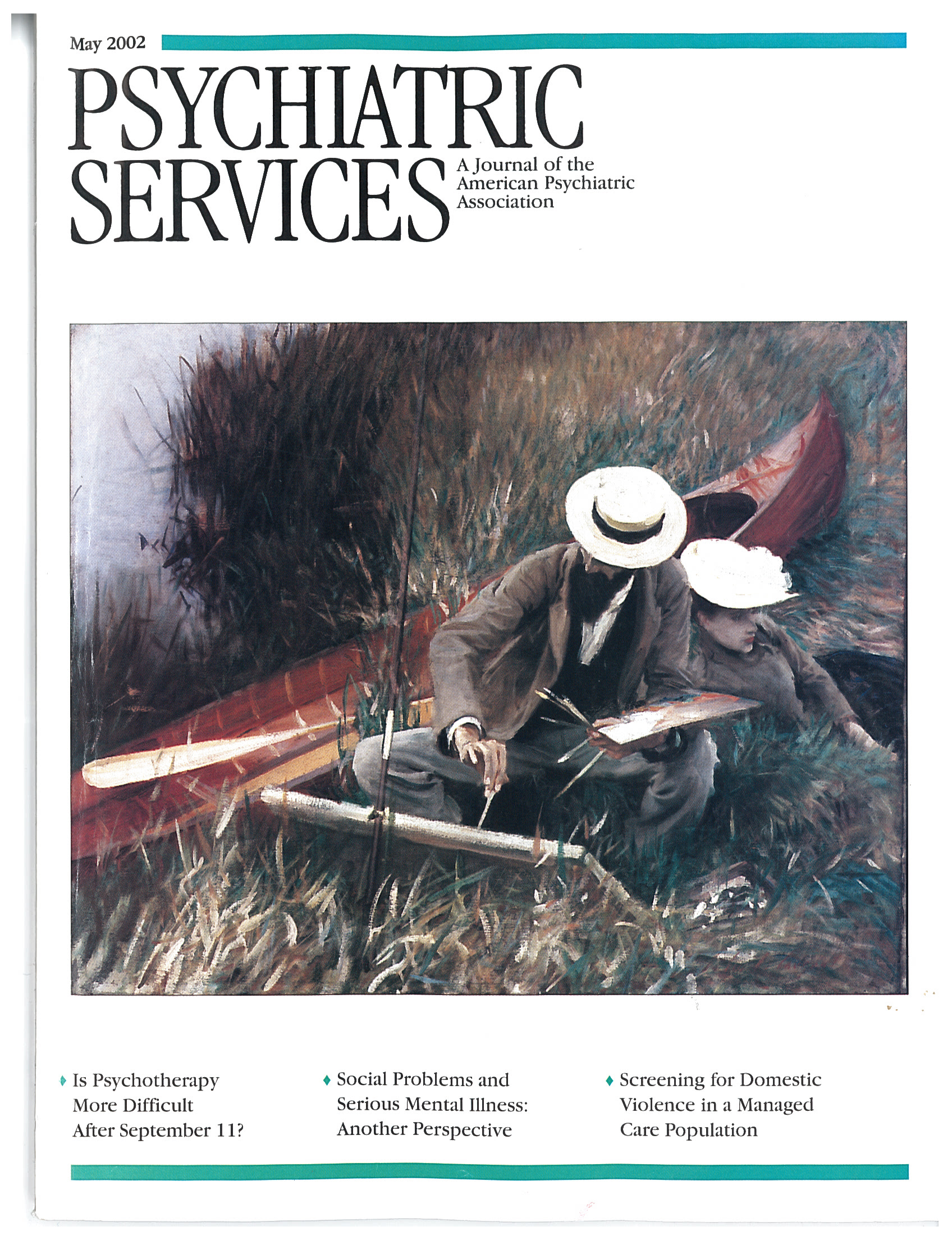Historically, Western medicine and complementary and alternative medicine have existed in a dichotomous relationship characterized, at best, by mutual tolerance. Throughout the course of my training as a physician in the Western model in the early 1980s, I was pleased to note a growing awareness of and curiosity about the role that other forms of treatment could play in an individual's healing. It was an unspoken fact that many of our patients participated in both traditional Western medicine and alternative treatments. Several articles in leading medical journals showed that complementary and alternative medicine was used about as frequently as primary care in the United States.
During the past decade, complementary and alternative medicine has become increasingly visible. In fact, it is not uncommon for modern medical practices to include practitioners of a variety of healing arts. Complementary and alternative medicine includes a vast and diverse collection of healing practices, many originating well over 4,000 years ago. Some examples include meditative practices, yogic traditions, acupuncture, acupressure, hypnosis, herbal remedies, nutritional supplementation, Native American healing, traditional Chinese medicine, aromatherapy, massage therapy, chiropractic, and prayer and spirituality.
I find it curious that the current dichotomy places one healing profession—traditional Western medicine—against all the others. In my view, the descriptor "alternative" should be eliminated, and all of the healing arts should be grouped into the category of complementary medicines. In fact, sometimes it is scientifically impossible to determine which healing art was the primary one in helping an individual regain a sense of health and balance and which were complementary.
Given my views, I found Complementary and Alternative Medicine and Psychiatry to be a refreshing introduction to many of the common complementary and alternative healing professions. It is notable that the seven contributors to this book are all physicians trained in the Western medical model. Each has additional expertise in one or more areas of complementary and alternative medicine. This far-reaching knowledge base allowed them to produce a balanced, exhaustive, and highly referenced overview of each healing art, in each case describing the documented advantages, disadvantages, and possible side effects as well as any contraindications. The book contains five chapters, each focusing on a different area of complementary and alternative medicine.
The first chapter, "Integrative Psychopharmacology: A Practical Approach to Herbs and Nutrients in Psychiatry," provides a detailed overview of many commonly used herbs and nutritional supplements. Chapter 2 focuses on acupuncture and traditional Chinese medicine and the role they can play in obtaining good mental health. Chapter 3 explores the more cryptic practices of yoga, including its history, philosophy, psychology, psychiatric indications, and complications as well as its role in overall health and preventive medicine.
Chapter 4, "Meditation and Psychotherapy: Stress, Allostasis, and Enriched Learning," introduces the reader to the many applications meditation has found in medicine and healing. Meditation, itself the topic of numerous books and the foundation of many spiritual practices, is often misunderstood as simply a tool for attaining relaxation. Although relaxation can be part of the meditative process, its ultimate expression is that of "mindfulness," which allows one to transcend the limitations of one's own ego structure and relate to one's life experience in a direct, compassionate, and nonjudgmental manner. Meditation has been demonstrated to be an effective tool for self-analytical insight, various forms of self-regulation, stress reduction, pain management, emotional regulation, personal growth and inquiry, facilitation of psychotherapy, and development of a greater conscious awareness of oneself and one's relationship to all aspects of life.
Chapter 5 explores the relationship of complementary and alternative medicine in the physician-patient relationship and the reality of the ever-growing use of complementary medicine by our patients. At a time when traditional Western medicine depends heavily on technology and science, our patients appear to breathe a sigh of relief when their nonphysician therapists invite dialogue and allow them the opportunity to tell their stories. Complementary and alternative therapies also provide treatment options for patients who have chronic medical conditions for which available medical treatments are limited—for example, arthritis, low back pain, fibromyalgia, inflammatory bowel disease, renal failure, asthma, and cancer.
In summary, Complementary and Alternative Medicine and Psychiatry is a fine overview of many common healing practices outside of traditional Western medicine. It presents clear, balanced, and concise descriptions and analyses of complementary and alternative healing disciplines that are often misunderstood or ignored by Western medical practitioners. This is a book to add to your medical library.

